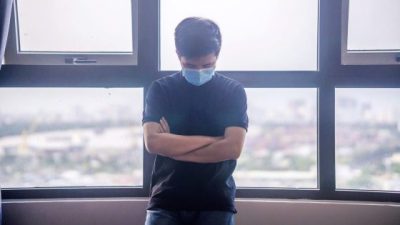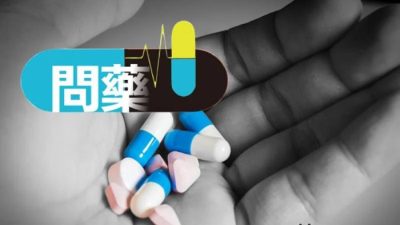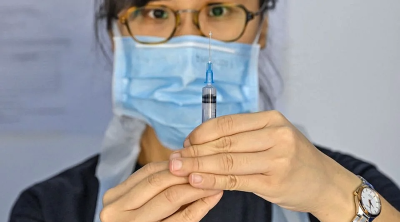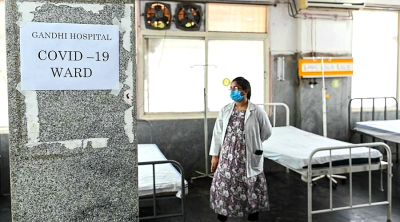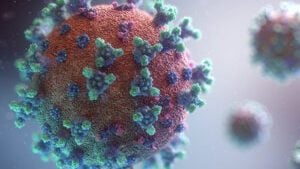By Dr Kalaashini Ramachandran / Professor Dr Maznah Dahlui / Associate Professor Dr Nik Daliana Nik Farid
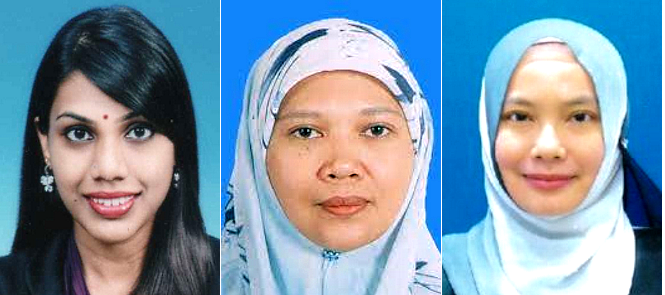 Vaccination is a powerful tool in the fight against the COVID-19 pandemic.
Vaccination is a powerful tool in the fight against the COVID-19 pandemic.
Recently, the World Health Organizations’ Strategic Advisory Group of Experts (SAGE) and the CDC (Centers for Disease Control and Prevention) have decided that vaccine is safe for children aged 12 and above1 and as an exit strategy to this pandemic, and in hopes to a safe reopening of schools, our government has begun the vaccination program for adolescents since September this year.
As of October 25, 72.8% of adolescents in Malaysia have successfully completed two doses of Pfizer vaccine and at least 77.7% have taken their first dose2.
The benefits of vaccination can be clearly seen with the reduction in the number of active cases both at global and national levels.
Since the launching of the National COVID-19 Immunization Program for Adolescents on September 20, the number of active cases has dropped from 1,200-1,600 positive cases to 200-300 positive cases2.
Among the many principal benefits documented, vaccinating adolescents can reduce their risk of contracting the disease.
Although statistics have shown that adolescents account to a small portion of COVID-19 cases, there is an increasing recognition of pediatric inflammatory multisystem syndrome temporarily associated with COVID-19 which can cause serious illness as well as long-term complications affecting their health and well-being3.
It should also not be ignored that children can be asymptomatic and still transmit the virus. Thus, vaccination can prevent the spread of this disease to family members and friends who may be more vulnerable to the devastating consequences of the infection.
Being vaccinated also aid in the restoration of normalcy in our adolescents’ various areas of life.
The impact of this pandemic has been profound. While prolonged lockdowns, isolation and school closures have limited the spread of the coronavirus, it has led to the deprivation of physical learning opportunities, school support systems and other extracurricular activities4 among the adolescents.
Having these contacts especially with peers are important for their growth and development.
Although mass vaccination holds a great promise in combating this pandemic, addressing parents and children’s concern on vaccine safety is paramount for a successful vaccination drive.
It must be emphasized to parents that our Ministry of Health takes vaccine safety precaution seriously with continuous examination of the available clinical trial data before deciding to authorize the vaccines.
Parents should be made aware that children generally get the same side effects as an adult, namely pain, body aches, fever, headache or tiredness affecting their daily activities, which are mostly temporary and resolve within 48 hours.
Among those who have been vaccinated, the occurrence of side effects such as myocarditis (inflammation of the heart muscles) and pericarditis (inflammation of the outer lining of the heart) in male adolescents are extremely rare1,5.
Though it may be a rare occurrence, children complaining of shortness of breath, chest pain and feeling of fast heart rate post-vaccination should immediately seek medical attention and get clearance from their doctors before engaging in any sports or exercises.
Parents wading through misinformation and anxiety are encouraged to seek advice from medical practitioners prior to deciding on their children’s vaccination.
Even though adolescents have been vaccinated, they must always be reminded to wear their masks and comply with the SOPs to further curb the spread of the disease.
Malaysia’s daily rate of new infections has been on a steady decline following the successful vaccination program.
As the country prepares for the transition into an endemic phase, adolescents must be provided a safe environment as routine daily activities and tourism returns to pre-pandemic levels.
As the Director-General of WHO said, “No one is safe until everyone is safe.”
The known and potential benefits of vaccination outweigh the known and potential risks. Therefore, the best and immediate way to get back to normalcy is to get vaccinated.
References:
1 Centers for Disease Control and Prevention. (2021). COVID-19 vaccines for children and teens. Centers for Disease Control and Prevention. Retrieved October 25, 2021.
2 Ministry of Health (2021). COVIDNOW in Malaysia. Retrieved October 25, 2021.
3 Jiang, L., Tang, K., Levin, M., Irfan, O., Morris, S. K., Wilson, K., Klein, J. D., & Bhutta, Z. A. (2020). COVID-19 and multisystem inflammatory syndrome in children and adolescents.The Lancet. Infectious diseases, 20(11), e276–e288.
4 OECD. (2020). The impact of COVID-19 on student equity and inclusion: Supporting vulnerable students during school closures and school re-openings. Retrieved October 25, 2021.
5 Kuehn, B. M. (2021). Adolescent Myocarditis After COVID-19 Vaccination Is Rare. Jama, 326(10), 902-902. doi:10.1001/jama.2021.14237
(Dr Kalaashini Ramachandran, Professor Dr Maznah Dahlui, Associate Professor Dr Nik Daliana Nik Farid, Department of Social and Preventive Medicine, Faculty of Medicine, Universiti Malaya.)
ADVERTISEMENT
ADVERTISEMENT






